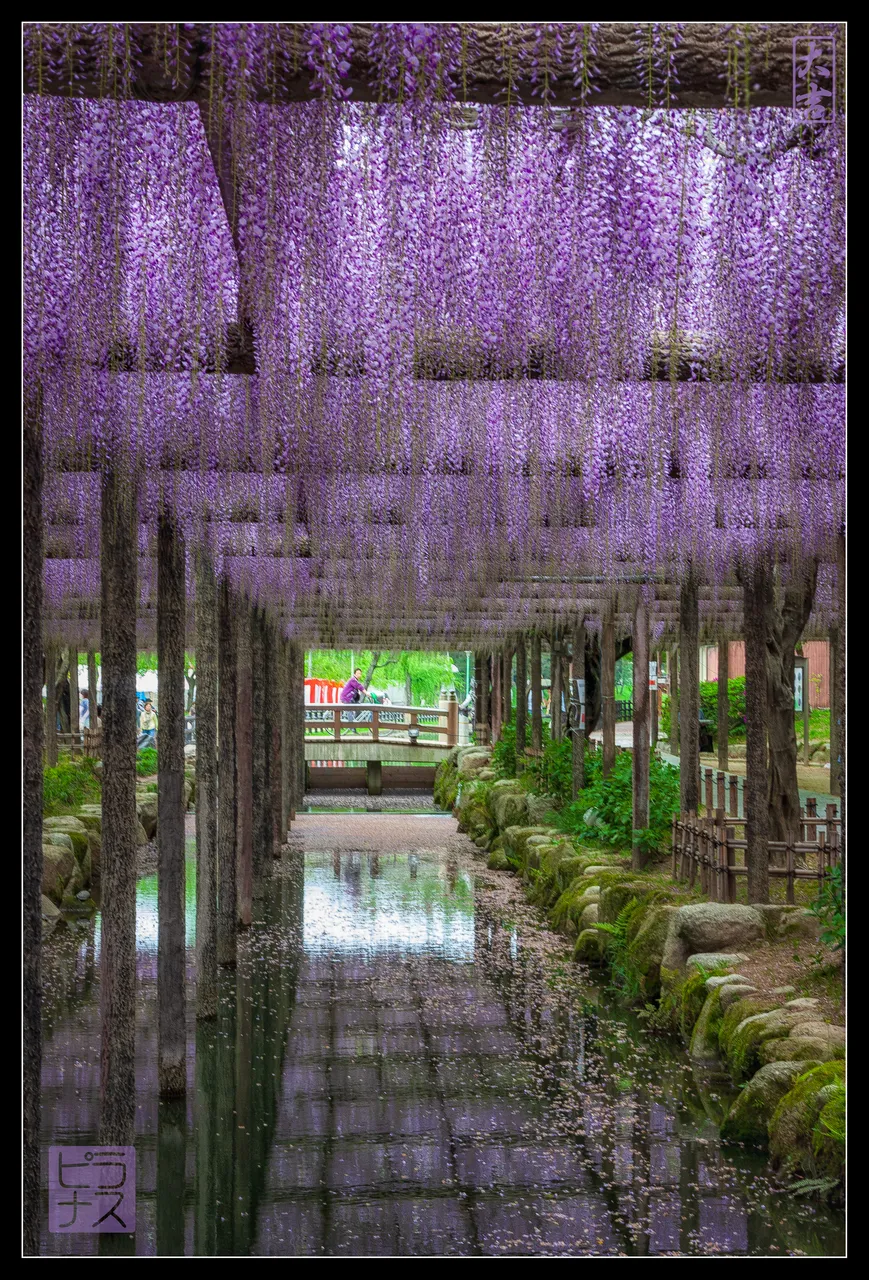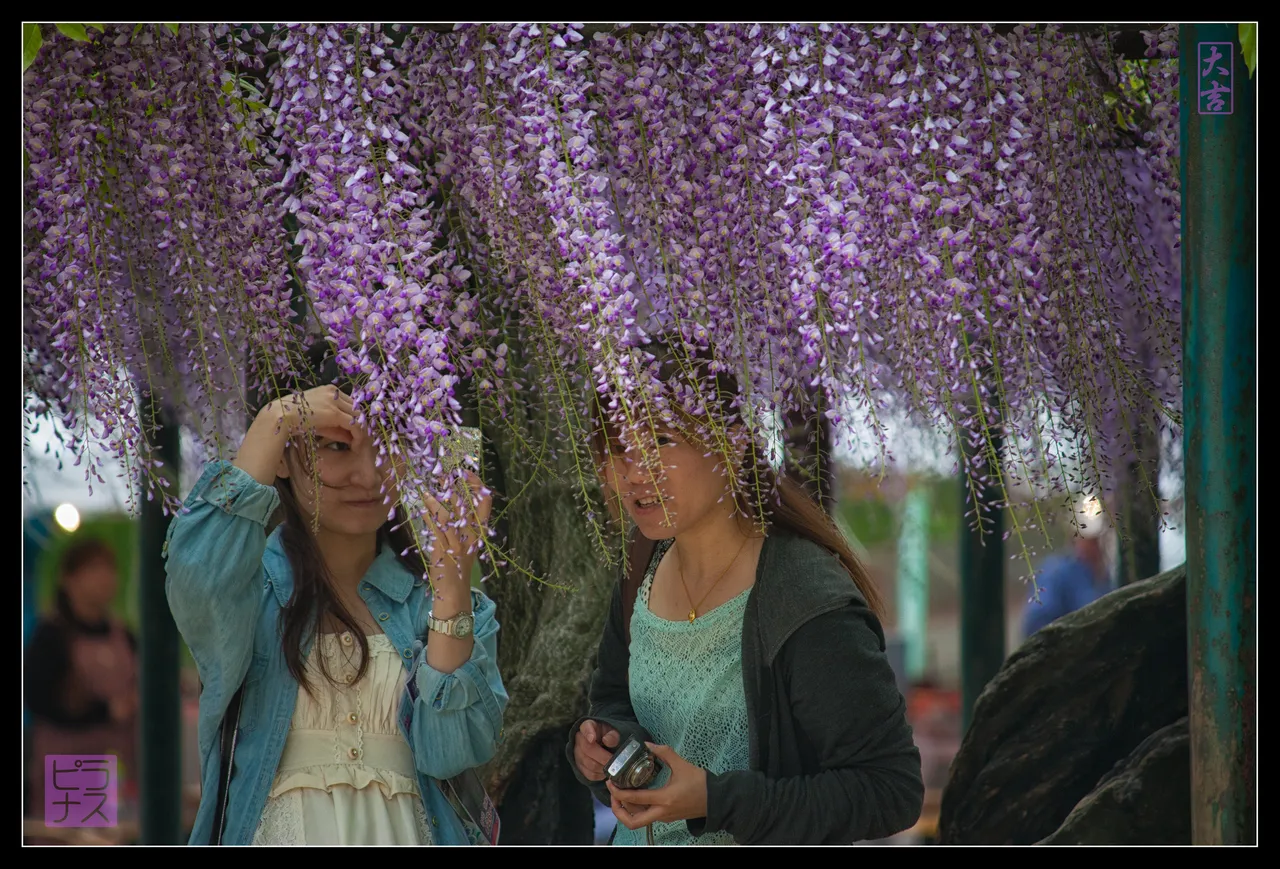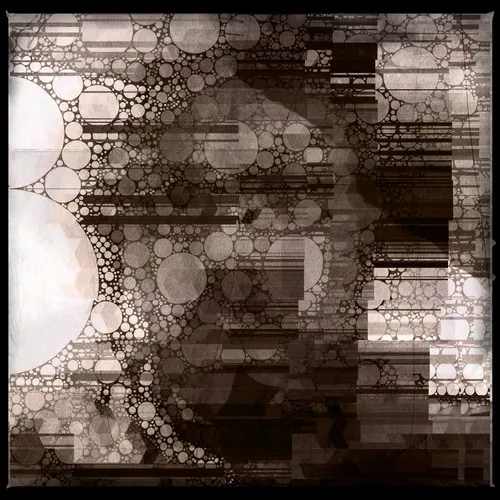The other day I posted some photos from the wisteria. Around 300 years ago, someone else was thinking of those pretty flowers. He wrote:
tsuki ni tooku oboyuru fuji no iroka kana
the scent and color of the wisteria
seem far away
—Buson


Is "wisteria" also the plural form? "Wisterias" sounds strange to me, but I could just be under the influence of Japanese here which would not change form. As you can see in the photo above and in the post I did a few days ago, the wisteria bloom in pretty big patches so I'd tend to use the word with a plural meaning.
Anyway, Buson is generally considered one of the top haiku masters in history, probably second only to Bashō. He was a painter in addition to a poet and in fact made his living primarily from his painting, at least when he was younger. Due to this, most of his haiku have an artistic quality, as if he were painting with words. This arguably makes his style more influential than the great Bashō. A hundred and fifty years later when Shiki created the modern haiku it was from Buson that he took influence, not from Bashō whom he considered overrated. And today, at least when people aren't playing simple syllable counting games, the majority of haiku people write follow this "painting with words" approach. Shiki called this shasei by the way.
There is a wonderful ambiguity in this haiku above. Is he talking of a real distance or an imagined one? If he talking of the here and now or is he wistfully thinks of the past? The wisteria already have an ephemeral quality as they only last a short time; both the setting of night and the ambiguity of the poem emphasize this. As so often with Buson, there is a sense of tranquility here, an atmosphere of contemplation. There is a strong feeling of mono no aware, which is seeking beauty and meaning in the fleeting moments of life.
The kigo (season word) here would be fuji ("wisteria"). It is a kigo for late spring.

❦
 |
David LaSpina is an American photographer and translator lost in Japan, trying to capture the beauty of this country one photo at a time and searching for the perfect haiku. |
That is, me! If you like this translation, feel free to use it. Just credit me. Also link here if you can. ↩